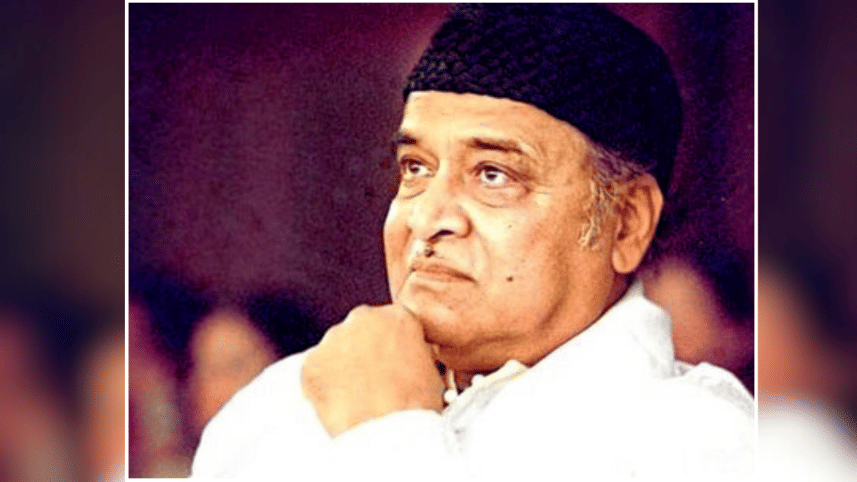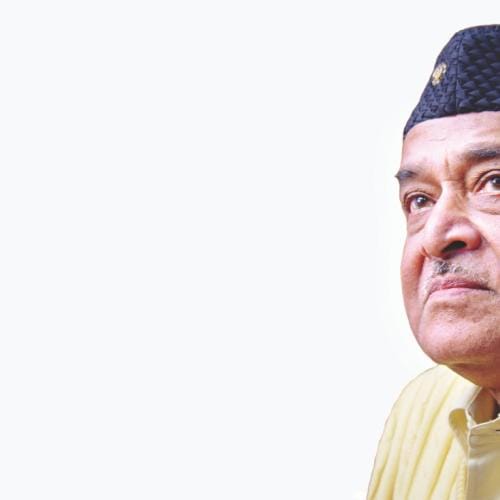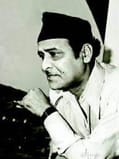Bhupen Hazarika centenary sets sail on Brahmaputra with musical river voyage

The Brahmaputra, long the muse of legendary musician Bhupen Hazarika's music, has become the stage for his centenary tribute. A year-long celebration of the legendary singer, composer and cultural icon began today with the launch of a river voyage named "Bistirna Parore", tracing the length of Assam's mighty waterway from Sadiya to Dhubri.
The Inland Waterways Authority of India, under the Ministry of Ports, Shipping and Waterways, has anchored the initiative—an unusual but fitting homage to the artist who transformed the Brahmaputra into both metaphor and melody.

Prime Minister Narendra Modi, in a tribute this morning, called Hazarika's music timeless, noting how his compositions "transcended borders and linguistic barriers for decades." That universality is embodied in "Bistirna Parore" (popularly known in Bangla as "Bistirno Dupaare"), the song after which the voyage is named.
First inspired by American civil rights activist Paul Robeson's anthem "Old Man River", Hazarika's river song expanded into something uniquely Assamese and universal at once. It captured not just the vastness of the Brahmaputra, but the struggles, aspirations and resilience of the people who lived by its banks.

For Hazarika, the Brahmaputra was more than geography—it was life itself. His compositions drew deeply from the river's currents, turning them into metaphors for humanity's boundless spirit. His music carried messages of equality, solidarity and justice, binding together Assam's diverse ethnic, cultural and linguistic communities in a way politics often could not.
Now, the voyage hopes to echo that same spirit of unity. As boats move downstream, communities along the river will gather in celebration, music weaving together voices across divides—much like Hazarika did in his lifetime.

Few songs illustrate his vision more clearly than "Ganga Amar Ma, Padda Amar Ma," in which he sings of the Ganges, Padma, Meghna and Jamuna as a single maternal flow. In it, rivers erase borders, and culture transcends politics, ethnicity and religion.
Bhupen Hazarika's centenary voyage along the Brahmaputra is, in that sense, less a commemoration and more a continuation. The river keeps flowing. So does his music.




 For all latest news, follow The Daily Star's Google News channel.
For all latest news, follow The Daily Star's Google News channel.
Comments